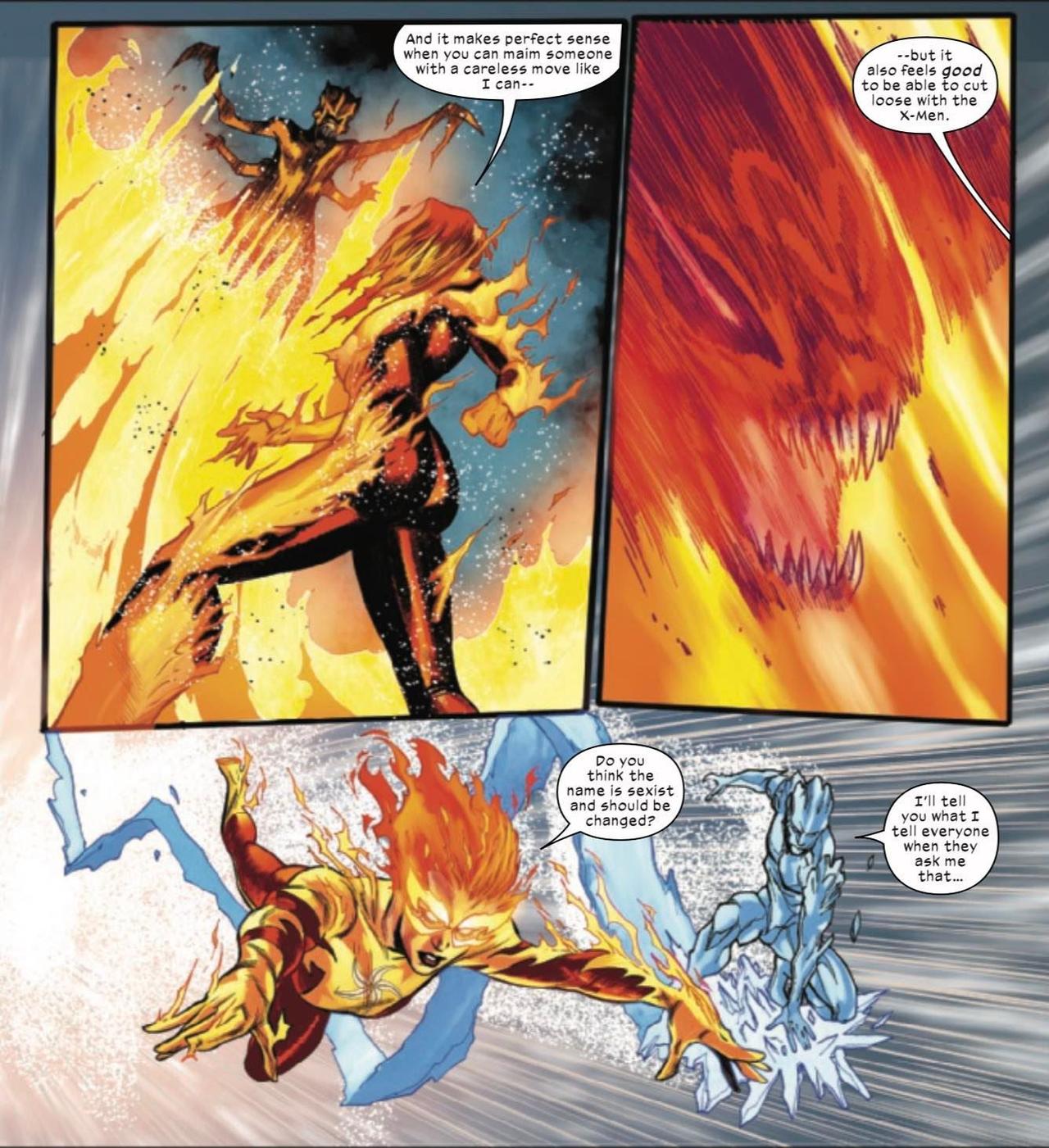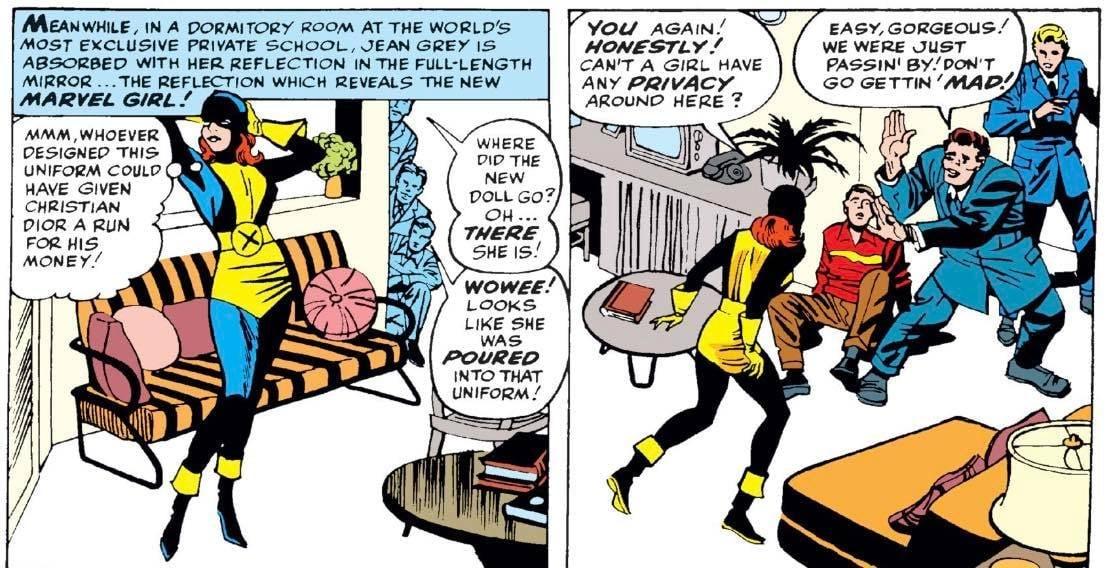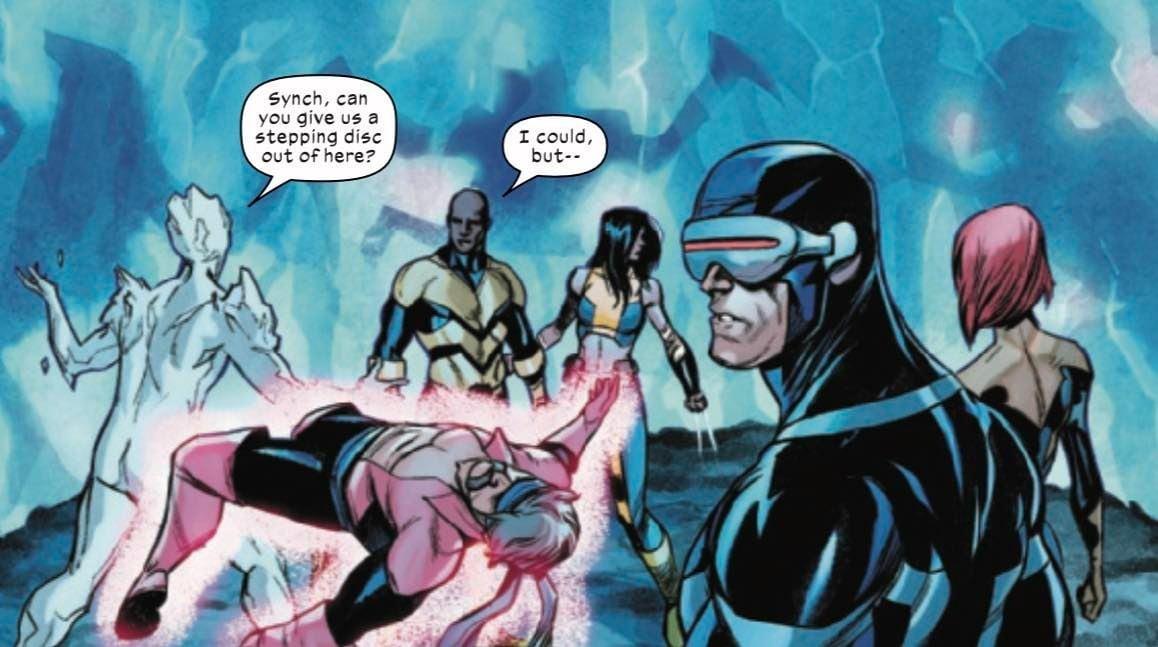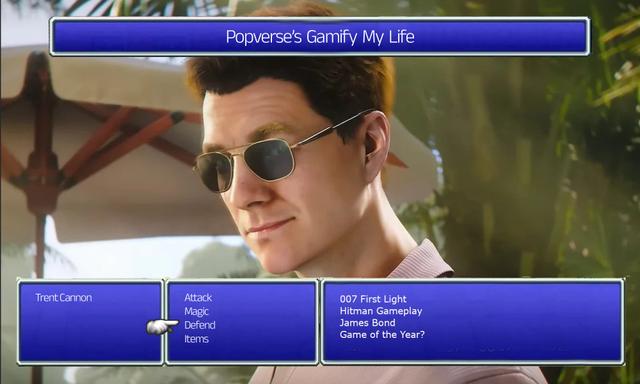If you click on a link and make a purchase we may receive a small commission. Read our editorial policy.
The X-Men finally address the debate around changing their name
Should the X-Men change their name to something more gender neutral? Marvel Comics finally weighs in on the issue.
This year marks the 60th anniversary of the X-Men’s debut, but have they outgrown their name?
The X-Men roster is full of powerful female heroes, yet the name X-Men doesn’t seem to be female inclusive. Some have argued that the name is sexist, and rumors persist that Marvel Studios is planning to change the name for the group’s upcoming cinematic return. The discussion has reached a fever pitch, and now Marvel Comics has finally weighed in. In X-Men #19 (written by Gerry Duggan and penciled by Stefano Caselli), a member of the team raises the question, asking if the name is sexist. How did the conversation play out, and does a name like X-Men still work in 2023?
Warning: Spoilers ahead for X-Men #19!
How the X-Men addressed the debate around their name

X-Men #19 addresses some of the recent discourse around the team’s name as the group embarks on a mission to save Cyclops’ father Corsair from a race of aliens known as the Brood. The team splits up, and Iceman pairs up with Firestar to fight off a small Brood cluster. As they’re fighting off the aliens, Firestar asks her teammate-- “Do you think the name is sexist and should be changed?”
Iceman seems to dodge the issue. “I’ll tell you what I tell everyone when they ask me that, go see what Jean thinks.” He’s of course referring to Jean Grey, one of the original X-Men, who is currently serving as team leader alongside her husband Cyclops. The conversation is then dropped, and the rest of the issue is devoted to the X-Men’s mission against the Brood. The conversation may have been brief, but the fact that the debate was addressed in a Marvel Comic feels significant.
What does this all mean?

It’s interesting that Iceman and Firestar are the two X-Men who Duggan chose for this conversation. Firestar being the one to bring up the discourse over the X-Men’s name was important, because the issue needed to be raised by a female member. Having Iceman be on the other side of the conversation is also fitting, since he was one of the original X-Men when the team was introduced back in X-Men #1 (1963).
In fact, a flashback in X-Men #46 (1968) would reveal that Iceman was the second member to join the team. Iceman deferring to Jean Grey on a name change represents how far both characters have come. When Jean Grey joined the team in X-Men #1, all of her male teammates spent a good part of the issue leering at her.
Jean was frequently portrayed as the weakest member of the team, with the men constantly coming to her aid. Feminism in comic books had a long way to go, and it took some time before Jean Grey grew into one of the most powerful members of the team. It's been 60 years since Iceman gawked at Jean when she first put on her Marvel Girl uniform, and Jean is leading the X-Men, and Bobby is looking to her to lead the conversation on a potential name change.
In a way, Bobby’s answer can almost be considered Marvel’s statement on the matter. By having Iceman defer to Jean, perhaps Marvel is trying to draw attention to how the dynamic between the two mutants has grown from its sexist roots. Maybe that’s the statement they’re trying to make, or perhaps Iceman’s answer was a case of kicking the can down the road. Bringing up the question is provocative, but that doesn't mean the conversation will lead to a deeper dialogue among the X-Men.
What’s in a name?

When Stan Lee co-created the X-Men in 1963, he wanted to call them the Mutants. Marvel Comics publisher Martin Goodman vetoed the name, telling Lee that kids didn’t know what a mutant was. Lee then pitched the name X-Men, which Goodman accepted. Years later, Lee would joke that kids probably wouldn’t know what an X-Men was either, but that didn’t seem to bother Goodman.
X-Men founder Charles Xavier explained the origin of the team’s name in X-Men #1. “You possess an extra power, one which ordinary humans do not! That’s why I call my students X-Men, for extra power,” Xavier tells Jean. Some readers have speculated that Xavier probably named the team after himself, and his line to Jean about extra power was an attempt to play down his vanity.
Although the series had some rough beginnings when it came to female representation, later incarnations of the group have been filled by strong female heroes. When Cyclops temporarily left the group in X-Men #138 (1980), Storm replaced him as team leader. Since then, many female mutants have led the X-Men and their various off-shoot groups.
In 2013, Brian Wood launched an X-Men title consisting of all female members. When CNN interviewed Wood about the title, they began their report by joking that the group should be called X-Women. However, the lack of men did not stop the group from continuing to use the X-Men name.
Should the X-Men change their name?

The past few years have been rife with speculation regarding a potential name change for the X-Men. Marvel Studios producer Victoria Alonso shared her thoughts on the matter during a 2019 interview with Nuke The Fridge. “It’s funny that people call it the X-Men,” Alonso said. “There’s a lot of female superheroes in that X-Men group, so I think it’s outdated.”
At the time of the interview, Disney was finalizing their purchase of 20th Century Fox, which would give them film rights to the X-Men franchise. The Fox acquisition put the X-Men film series on a temporary hiatus, giving Marvel Studios time to examine the franchise and figure out the best way to incorporate it into their slate of films. Because Alonso’s comments occurred during this transition period, it led to speculation that Marvel Studios would rename the X-Men.
The rumor gained more traction after Marvel Studios’ Hall H presentation at San Diego Comic-Con in 2019. While speaking about future films, Marvel Studios chief Kevin Feige said “There’s no time left to talk about mutants, and how mutants are coming to the MCU.” Some listeners noted that Feige said mutants, in contrast to the other projects which he referred to by their titles. This added to the speculation that Marvel Studios would be abandoning the X-Men name.
IGN pressed Feige on the issue during an interview after the panel. “Mutants and X-Men are interchangeable,” Feige explained. “I just said mutants. But yes, whatever we do will be quite different than what’s been done before.” Since that interview, Marvel has begun to incorporate mutants into the MCU, but so far there has been no mention of the X-Men. Deadpool 3 is set to be released in 2024, and the film will feature the return of Hugh Jackman as Wolverine. What this means for the rest of the X-Men remains to be seen.
It's worth noting that Marvel Studios is producing X-Men ’97, which is a continuation of the 1992 X-Men animated series. This is a sign that Marvel Studios isn’t completely abandoning the name. For now the rumors of an X-Men name change remain unconfirmed, and everything else is just speculation. Will the MCU version of the X-Men call themselves something else? Perhaps Kevin Feige is taking a cue from Iceman, and is waiting to see what Jean Grey thinks.
Calvin & Hobbes' Bill Watterson is returning to comics for "a fable for grown-ups"
Follow Popverse for upcoming event coverage and news
Find out how we conduct our review by reading our review policy
Let Popverse be your tour guide through the wilderness of pop culture
Sign in and let us help you find your new favorite thing.
















Comments
Want to join the discussion? Please activate your account first.
Visit Reedpop ID if you need to resend the confirmation email.